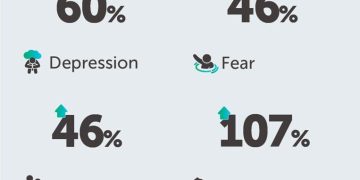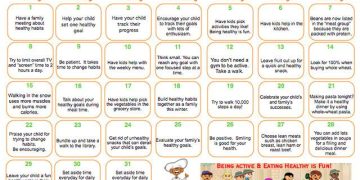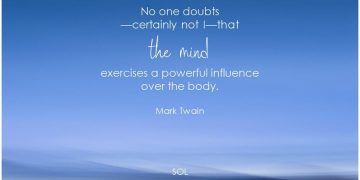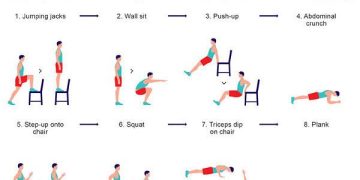Welcome, adventurers of the nutritional cosmos, to your star chart guiding the labyrinth of calorie counting. Steer your course through the intake galaxies and burn-off black holes, equipped with the precise navigational tools gleaned from the world of science. We embark on a journey of decoding the calories, those tiny energy parcels that have the immense power to shape our physical existence. Turning an enigma into an open book, we will unveil the masked intricacies of food energy and its impact on weight management. By the end of this ride on the calorie-counting spaceship, you will be better equipped to trace your own path towards the utopia of weight management, flanked by knowledge and practical wisdom. Welcome aboard as we venture forth into the fascinating physics, captivating chemistry, and the tantalizing biology of diet and weight control. Decoding the Science Behind Calorie Counting: Knowing the calorie content of the food we consume helps us maintain control over our weight by allowing us to balance the energy we put into our bodies with the energy we use. It’s a simple yet robust concept: If we consume more calories than we burn, we gain weight. If we burn more calories than we consume, we lose weight. Maximizing Weight Management with Controlled Calorie Consumptionis about understanding how many calories we need daily to sustain our bodies’ essential functions, complete our physical activities, and maintain our current weight. This daily calorie requirement varies from person to person and is influenced by factors like age, gender, body size, and activity level.
- Please learn your daily calorie requirement and set a target calorie intake goal to lose, maintain, or gain weight.
- Consume nutrient-rich foods and limit the intake of empty calories (foods high in calories but low in nutrients).
- Ensure you maintain a balanced diet. The American Dietary Guidelines suggest that carbs should make up 45%-65% of your daily calories, fats 20%-35%, and proteins 10%-35%.
- Make a habit of checking the nutritional information of the foods you eat.
Transforming Lifestyles: Sustainable Strategies for Effective Calorie Counting involves making long-term lifestyle changes rather than short-term diet adjustments. Engage in regular physical activity to burn those calories. Keep a food diary to monitor your calorie intake. Adopt mindful eating; consume smaller portions and eat slowly and consciously. Unlocking Success in Weight Loss: Practical Tips and Tricks in Calorie Counting includes avoiding ‘calorie-dense’ foods, prioritizing ‘nutrient-rich’ foods, and remembering that all calories are not created equal.
| Food Group | Average Calorie Count |
|---|---|
| Fruits and Vegetables | Low |
| Grains | Medium to High |
| Protein Foods | High |
| Dairy | Medium to High |
| Oils and Fats | Very High |
The key to making calorie counting work for you is adopting practices that fit into your lifestyle, are easy to maintain, and promote healthier eating habits. Ultimately, it’s not merely about counting calories but ensuring the calories consumed are from nutritious and satisfying foods. In the mosaic that is weight management, each piece plays a vital role in crafting the whole picture – from exercise to your mood, lifestyle to diet. At the heart of this intricate artwork is the simple science of calorie counting, providing a practical expertise that can catalyze your journey to better health. As the scales of knowledge tip in your favor, remember: mastery over weight management isn’t solely about measuring calories in versus calories out. It’s also about understanding the nutrients fueling your body, embracing balance, and nurturing an enduring, positive relationship with food. Wave goodbye to the road of restrictive diets, welcome the path of informed eating. After all, the science of calorie counting isn’t merely a mathematical formula; it’s a tool that can help script a new chapter in your wellness story.












































